Democratic Republic Of Congo
Two years ago the Republic of Congo carried out mass deportations of refugees and asylum seekers as a security response to the rise in criminality.
Many of the expelled were citizens of neighbouring country the Democratic Republic of Congo (DRC).
According to Amnesty International, at least 179,000 DRC nationals were rounded up, arbitrarily arrested and forced to leave Congo-Brazzaville.
The two countries are separated by the Congo River with their capital cities just 5 kilometres apart.
The operations dubbed Mbata ya Bakolo which means “slap of the elders” in local dialect Lingala was aimed at cleaning up city streets and putting an end to criminal gangs. Authorities in Congo-Brazzaville say the mass deportation was legitimate and necessary.
The mass expulsions were against an African charter on human and people’s rights.
Nevertheless, many of the returnees till date are yet to be resettled by the DRC government. This is despite promises made to them. The Internally Displaced Persons (IDPs) live on the streets in Kinsasha, the country’s capital.
Their living conditions are poor and unhygienic, as families live in makeshift tents made of plastic bags and use sand bags as mattresses.
“We have been here for two years; the children have now taken to begging in the streets. We ask the government to help us get us out of here, so that we can educate our children, so that they can stop picking up bad habits from the streets,” said one displaced woman, Mami Dialungana.
The government placed a number of the returnees in transit centres in and outside Kinshasa, the government has yet to outline its resettlement plans for those still living on the streets.
“These people came back to their own country, hoping to get protection from the Congolese authorities, hoping to be resettled. But today these people have been completely abandoned by the government, even by the local authorities at the provincial level, as well as the city of Kinshasa,” said human rights activist Jean Claude Katende.
In 2013, Congo-Brazzaville was home to tens of thousands of refugees and asylum seekers, majority of them came from DRC. Many of these refugees fled the DRC in 2009 when violence escalated in the northern and eastern regions against civilians by both rebel and government forces.
According to Human Rights Watch, at least 2,500 civilians were killed and more than 1 million people were forced to flee their homes.
Meanwhile, the United Nations has reported that ongoing clashes in the Eastern part of DRC has seen more than 35,000 displaced people forced to flee their camps.
Since the end of March the Congolese army and rebel forces have been fighting, as a result, five camps for the internally displaced have been left empty.
“UNHCR is extremely worried about the welfare of these people, who are reported by our partners to be in a desperate situation after becoming displaced again,” said UNHCR Regional Representative Stefano Severe in a statement.
“We urge the authorities and the rival parties to ensure that the basic human rights of displaced people are respected and that they are found safe alternative shelter,” he added.
The UN Office for the Coordination of Humanitarian Affairs says 1.5 million people remain forcibly displaced in the eastern provinces, including some 600,000 in North Kivu, a figure which is now likely to have risen.




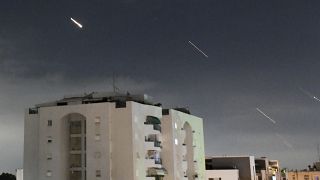
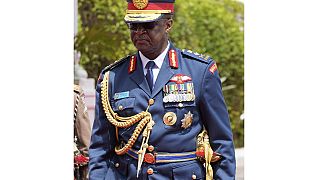
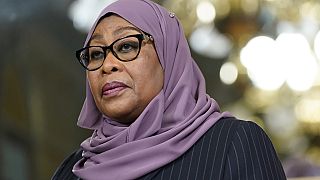
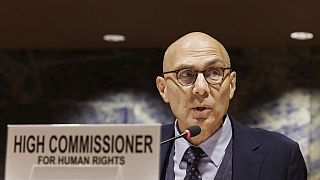
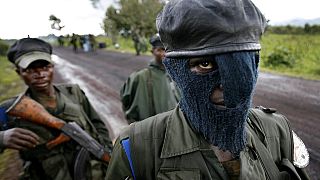
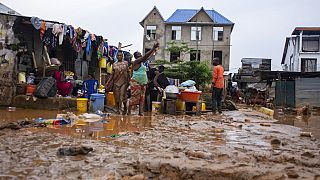
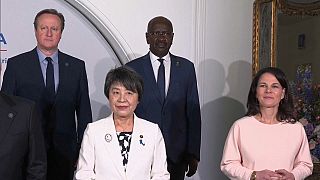
01:53
EU parliament approves new policies that make migration, asylum harder
02:37
Charity: More than 10 million Sudanese children have been in warzone
01:19
Sudan: over 25 million people facing humanitarian crisis, says UNHCR
01:22
Migrant deaths soar as conflict forces more to flee - Report
Go to video
Stanis Bujakera: Congolese journalist convicted of spreading false information to be freed
01:38
Congo's President Denis Sassou-Nguesso seeks to foster global peace